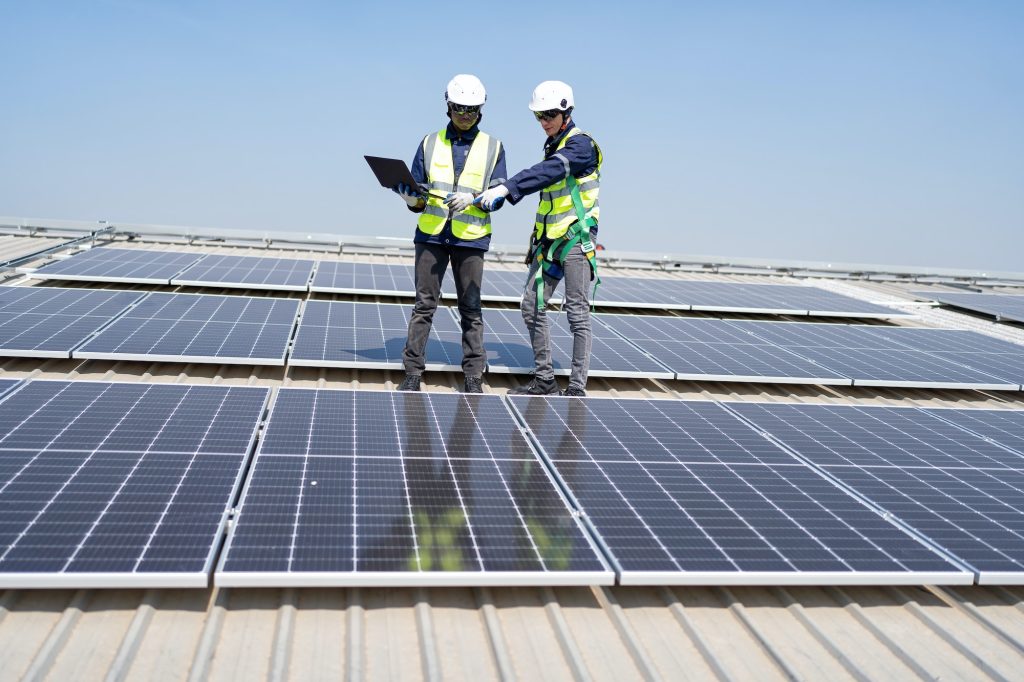
Invest in solar and regenerative energy
The world needs to decrease energy-related carbon dioxide discharges by 2030, reduce them again by 2040, and then target for net-zero discharges by 2050 with substantial reductions beyond to prevent the worst effects of climate change.
For the Bayelsa economy to build better and more sustainably, we must start our energy quest with reliance on fossil fuels.
We promote industrial energy diversification into low-carbon technologies such as concentrated solar thermal for hot water, hydrogen, or ammonia.
Today, more than 11 million people work in the renewable energy sector globally, while a good number of people work in the energy efficiency industries across Nigeria. Accordingly, investing in energy will create direct and indirect jobs, create local employment opportunities within small- and medium-sized businesses too.
As administrations around the world rise stimulus packages to create jobs and reflate their economies, two things are clear:
- We should invest in things that strengthen the health and well-being of our citizens; and
- We must look at reducing economic and infrastructure vulnerability. Propping up old, polluting industries is not a solution.
Additionally, renewable energy reduces air pollution, noise, makes people less vulnerable to disease and controls the death traps posed by generators, increases security in the most rural areas while at the same time, very lucrative for investors because of the abundance of sun in Nigeria. Investors are able to generate huge quantity of energy in short time.

